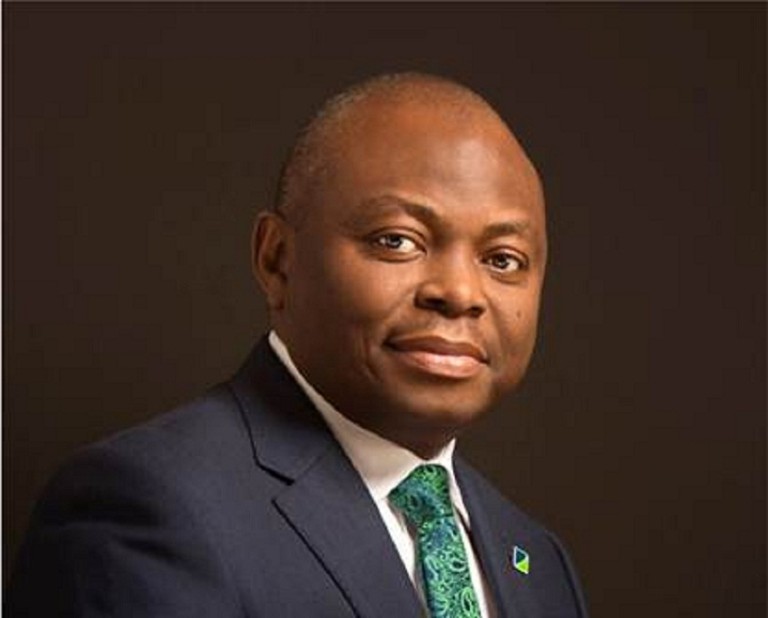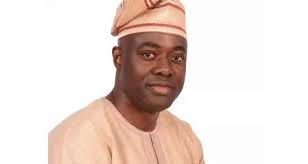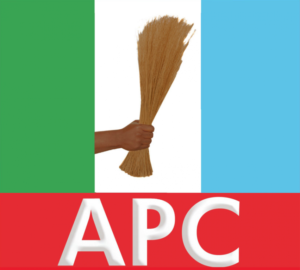The trouble with the embattled 9Mobile, formerly Etisalat Nigeria, one of the players in the competitive Nigerian telecommunications’ sector, may not yet be over, as the 13 consortium of banks, led by Access Bank Plc, which gave a loan amounting to $1.2 billion to the firm are re-strategising to recoup their investments in the company.
Therefore, as the 180 days’ window handed down to the receiver managers of the telecoms’ firms draw nearer, the Managing Director of Fidelity Bank Plc, Mr. Nnamdi Okonkwo, has said that all the banks whose money is trapped are working together for smooth sale of the telecoms on or before the end of the year.
The MD, Fidelity Bank Plc dropped the hint while explaining industry issues in a recent interactive session with select editors and publishers in Lagos. He said,“As you are aware, the creditor banks came together to appoint a new board and management for the company, with the Deputy Governor of the CBN as chairman of the board.”
He said,“The company has good fundamentals with about 22 million subscribers, and it is also very strong in data. Our interest is to ensure the company remains a going concern so that it can attract interested buyers.
The banks are working collectively on this.” It would recalled that the $1.2bn syndicated loan default crisis nearly grounded the former Etisalat until both the telecoms’ regulator and CBN, considered the volume of subscribers, job loss that will ensue from a takeover and intervened.
Part of the intervention, it would also be recalled, was the appointment of former Deputy Governor of the CBN, Dr. Joseph Nnanna, to head the chair of the board’s management and prepare it for potential investors between 90 to 180 days, which is about to elapse.
9Mobile has been contending with a number of challenges, following its business relationships turned awry with the its creditor banks, forcing the consortium of banks to embark on its takeover.
However, piqued by the implication of the imminent collapse of the firm, especially on employment and the nation’s Gross Domestic Product (GDP), the Central Bank of Nigeria and the Nigerian Communication Commission(NCC), the two other critical stakeholders in the sector, intervened and doused the attendant tension that came on the heels of the impending crisis in the company. Even then , the firm had lost a chunk of its subscribers to other competing firms, while its network services have since remained poor, following what observers say, is due to poor capacity in its operations.




